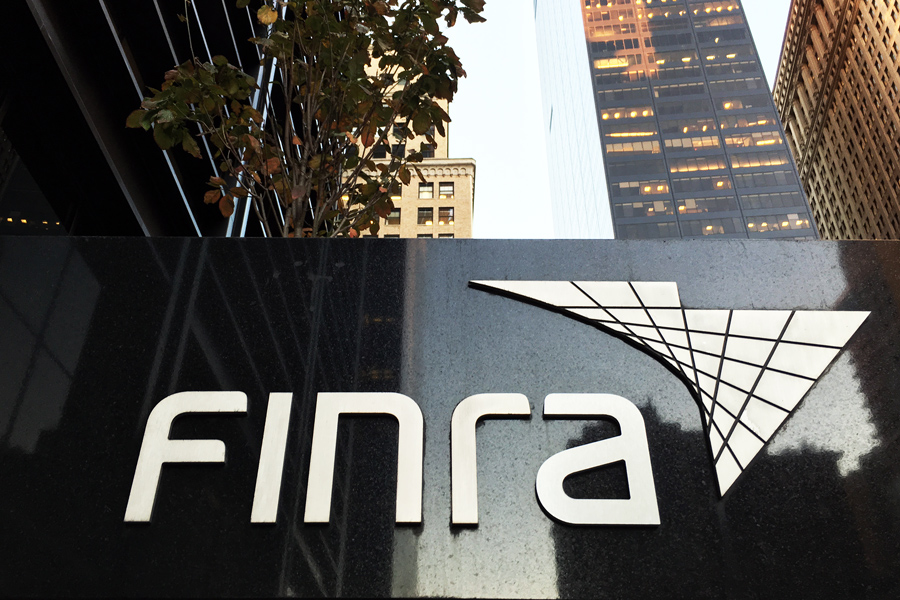Assisting the Financial Industry Regulatory Authority Inc. in its ongoing effort to enhance the effectiveness of its
examination program has been one of our long-standing priorities. In 2017, we submitted a comment letter containing several key suggestions for improving the transparency, consistency and efficiency of Finra's exams, and we have continued to discuss potential improvements in our day-to-day dialogue with the regulator, as well.
With this in mind, we commend Finra for its
recently announced enhancements to its exam program, including initiatives to improve examiner expertise in member firms' operations and risks; strengthen its risk-based exam framework; and
bolster transparency with improved information sharing, among other measures.
Many of the improvements Finra has announced are consistent with the suggestions we made in 2017. We appreciate the regulator's sincere efforts to act upon feedback from our industry, and we hope that the Securities and Exchange Commission and other regulatory agencies will view Finra's approach as a model for enhancing their own programs and processes.
In particular, we believe the following changes to Finra's exam program will drive substantial improvements:
1. Enhancing the risk-based examination framework. One of Finra's overarching goals in strengthening its examination program has been to more effectively align examination resources with the risk profile and complexity of its member firms. Among the benefits of this approach, we believe, will be more targeted examinations, greater transparency and a streamlined process overall.
Among the constructive steps Finra has announced in this regard are a phased revision of its program structure based on the business models of member firms; combining its financial, business conduct, and trading examination programs into a single program to enable more consistent and effective oversight; and reevaluating its deployment of resources to focus on firms and representatives that pose greater risk.
2. Improving examiner expertise in firm operations and risks. Independent broker-dealers, like much of the industry, has seen significant evolution over the past decade. The IBD model, in particular, has its own unique features and complexities that are important for examiners to understand
We are pleased that Finra is enhancing its training programs to strengthen examiners' familiarity with specific business models' operations and risks, such as those of IBDs. It is also designing a uniform training program for new examiners and finding ways to leverage firms' and fellow regulators' expertise to expand business model-specific training, among other measures. These improvements will help increase consistency and allow our members and examiners to better work together throughout the exam process.
3. Improving information sharing with member firms. Our members have appreciated Finra's efforts to share information on the exam process through vehicles such as regular exam status reports. However, they have also indicated that the effectiveness of
these communications vehicles could be increased through more robust and consistent updates.
Fortunately, Finra has listened to our concerns on this topic, and has signaled their commitment to improving information sharing via direct dialogue between firms and exam management teams and more extensive discussions on exam findings.
[Recommended video:
Pershing's Christina Townsend: Advisers want personalized digital solutions for clients]
We applaud Finra's efforts to continually strengthen its examination program. We hope this serves as a model for the SEC and other regulators to incorporate feedback from industry participants to improve regulatory programs. This process helps ensure the programs are helpful and effective for all involved — ultimately benefiting Main Street investors.
[More:
Working to get Reg BI implemented]
Dale Brown is president and CEO of the Financial Services Institute.







